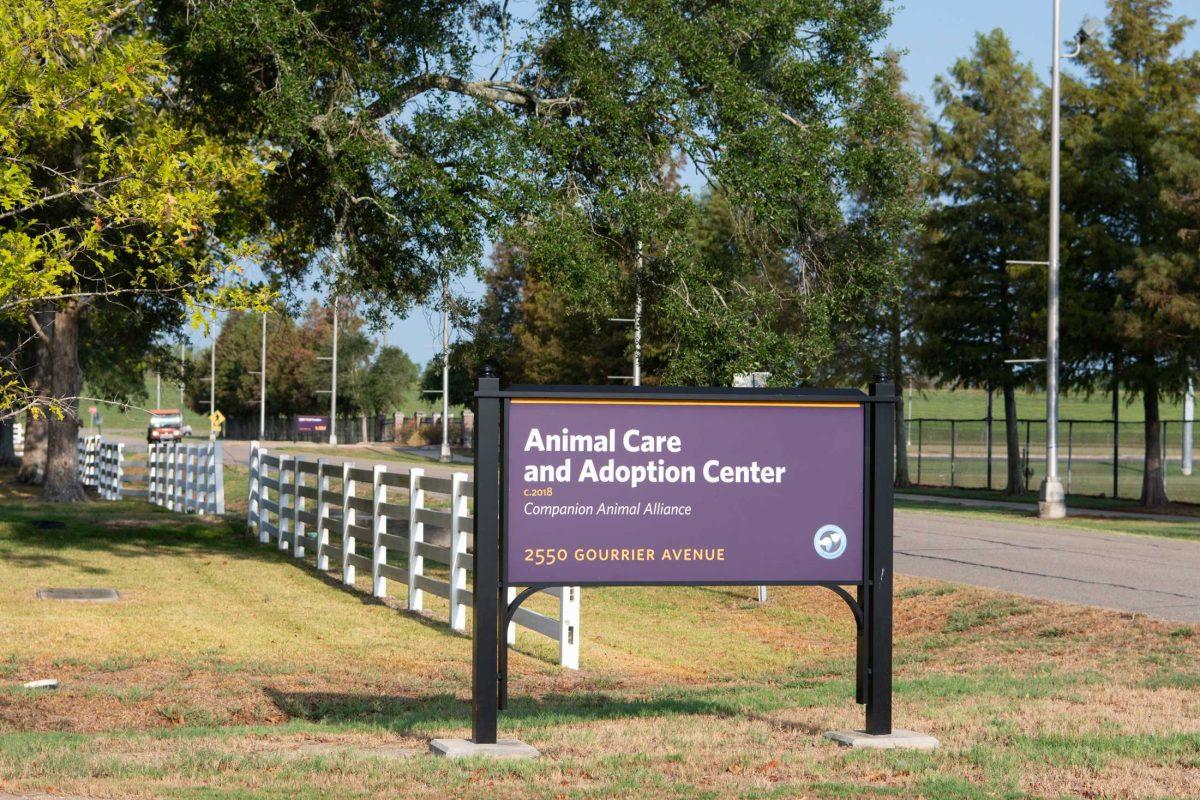University students and faculty are developing robots that not only travel under the sea but can also operate in irregular conditions in the wake of a disaster like an oil spill.
University mathematics professor Michael Malisoff worked with two collaborators — Fumin Zhang, Georgia Tech assistant professor of electrical and computer engineering and Mark Patterson, College of William and Mary marine science professor — to design and research marine robotics.
The goal at the heart of the project was to develop tracking control methods for these marine robots, which can operate in uncertain and unknown conditions in the water, which is especially relevant in the wake of the 2010 Deepwater Horizon Oil Spill.
“We want the robots to work like intelligent agents to pinpoint substances,” Zhang said. “There is a need to give these robots more autonomy.”
The project, which began in September 2010, had three components — mathematical analysis, student involvement and marine surveys.
Along with a team of students from Georgia Tech and the College of William and Mary, the group worked off the coast of Grand Isle tirelessly testing their marine creations. The team was joined in its efforts by LSU mathematics graduate student Aleksandra Gruszka.
The research team used four specific robots, two of which were entirely student-made.
Malisoff said the use of special analysis is what sets the group apart from others involved in robotics research. He said it allows them to better understand how the robots will systematically work in marine conditions.
Malisoff, who called himself the “mathematical support guy,” joked about how Zhang ran the show. Zhang has been working with marine robotics for the past five years.
“We aren’t developing a futuristic robot,” Zhang said. “We want to focus on a design that is workable for real-life situations. This is an exciting era with a lot of great innovations ahead of us.”
For the 14 students who participated, the experience provided an opportunity to merge mathematics and engineering. Zhang described the project as an unconventional classroom environment.
“It is important for students to straddle the fence,” Malisoff said. “Employers are looking for versatility, and we want the students to go beyond their curriculum.”
Working hands-on with the marine surveys and the design of the robotic vehicles, students were able to become “double-threats,” Malisoff said.
The work they have accomplished will be great for the future, Zhang said. He said not enough people in the engineering field have focused enough on environmental disaster issues.
“Colleagues of ours haven’t been able to achieve the same level of success, especially with oil missions,” Zhang said.
He added there is a need to pay attention to environmental disasters.
Malisoff said there have been more than 30 news articles written about their involvement in marine robotics.
“It is always a pleasure to communicate the excitement I have for my research,” Malisoff said.
After receiving more grant money from the National Science Foundation, theoretical research will continue for the next three years, Malisoff said. He is the principal instigator for the NSF’s grant that funds the research.
Malisoff’s work as the project’s go-to mathematician involves the theoretical aspects behind the robots themselves. He wants to reduce the adverse effects of the delay between commands and action responses in the robots to improve them in the future.
“The delay is caused by unfriendly sea conditions,” Malisoff said. “If we can change the analysis, we can reduce the bad effects of the delay.”
He said the more researchers can understand, the easier it will be to control a coordinated fleet of robots instead of a single one.
Once Malisoff can improve control delays, he said these marine robots will be able to better cope in future disasters.
“This is the most we can do to help the state of Louisiana and the rest of the Gulf of Mexico in the result of an oil spill or other disaster,” Zhang said. “This gives me peace of mind knowing I can give back.”
Zhang said he is excited about future solutions that may come as a result.
“Unfortunately, [an oil spill] may happen again in the future,” Zhang said. “It is only a matter of time, but next time we will be better prepared.”
____
Contact Lauren Duhon at [email protected]
LSU partners with two schools to develop marine robots
January 26, 2012






